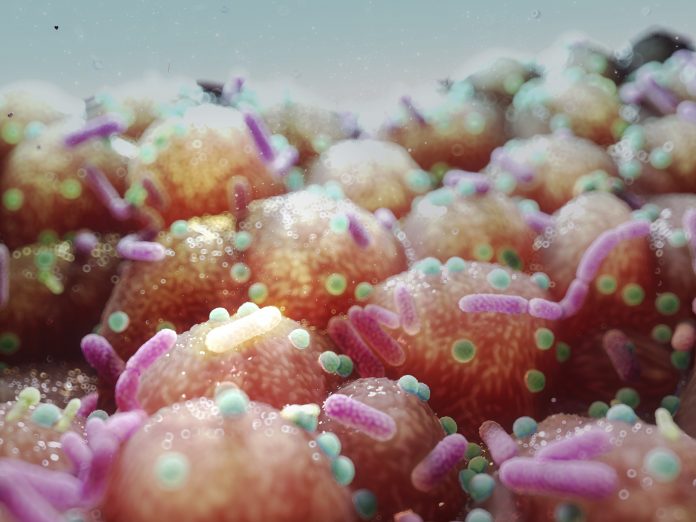
A joint venture targeting antimicrobial resistance (AMR) launched earlier this week combines the expertise of a large biopharmaceutical developer, life sciences research organization, and in vitro diagnostics developer.
Named Aurobac Therapeutics SAS, the joint venture was created by Boehringer Ingelheim, Evotec SE, and bioMérieux with the aim of taking a precision medicine approach to tackling one of the most pressing worldwide public health challenges. The new company will endeavor to combine development of next-generation antimicrobial agents along with actionable diagnostics.
“The rise of antibiotic-resistant infections—also called antimicrobial resistance, or AMR—is indeed a looming global crisis,” said Michel Pairet, head of Boehringer Ingelheim’s Innovation Unit and member of the Board of Managing Directors. “Antibiotic resistance kills about 1.27 million people globally every year and it has been estimated that by 2050, as many as 10 million worldwide deaths could result from AMR, making it potentially deadlier than cancer.”
According to the founding companies, Aurobac intends to shift the strategy related to antibiotic treatment regimens which currently lean heavily on empirical approaches applying broad-spectrum and unfocused treatment. The goal is to turn AMR treatment on its head with a precision medicine approach. Aurobac will seek to combine new targeted modalities, combined with rapid and actionable diagnostics to quickly identify pathogens and their resistance patterns, and supported by new economic models.
“bioMérieux has a strong expertise in antimicrobial resistance. We supply the most comprehensive integrated diagnostic solutions to support an appropriate use of antibiotics (antimicrobial stewardship),” said Alexandre Mérieux, bioMérieux’s chairman and CEO. “Our role within the joint venture is to develop and commercialize diagnostic tests, including companion diagnostics, which deliver rapid, reliable and actionable results. This participation in Aurobac is perfectly aligned with bioMérieux’s full commitment to sustain antibiotic efficacy for future generations.”
The need is pressing, the companies noted, as resistance to the current available antibiotics may render them ineffective against hospital acquired infections related to common surgeries such as hip or knees replacements, and C-sections while complications from common diseases such as diabetes and injuries or cuts will become harder to manage.
“The grim prospect of a post-antibiotic era has many causes but only one solution: The development of new, targeted, and effective antimicrobial therapies,” added Werner Lanthaler, CEO of Evotec. “We are excited to launch Aurobac together with our partners at Boehringer Ingelheim and bioMérieux, to combine our complementary strengths. By leveraging Evotec’s multimodality approach to infectious diseases, we are confident that Aurobac will be able to generate much-needed progress to tackle the global challenge of AMR.”
Boehringer Ingelheim is the lead investor in Aurobac, contributing €30 million, while Evotec and bioMérieux have invested €5 million each. The 40 new company will be headquartered in Lyon, France.
All three companies have shown a strong commitment, individually to combat AMR: the Boehringer Ingelheim Venture Fund has committed to invest up to €12 million in AMR infection companies; bioMérieux spends 75% of its research and development budget on AMR; and Evotec is active in a variety of networks such as the AMR Accelerator that is part of the EU’s Innovative Medicines Initiative (“IMI”).













